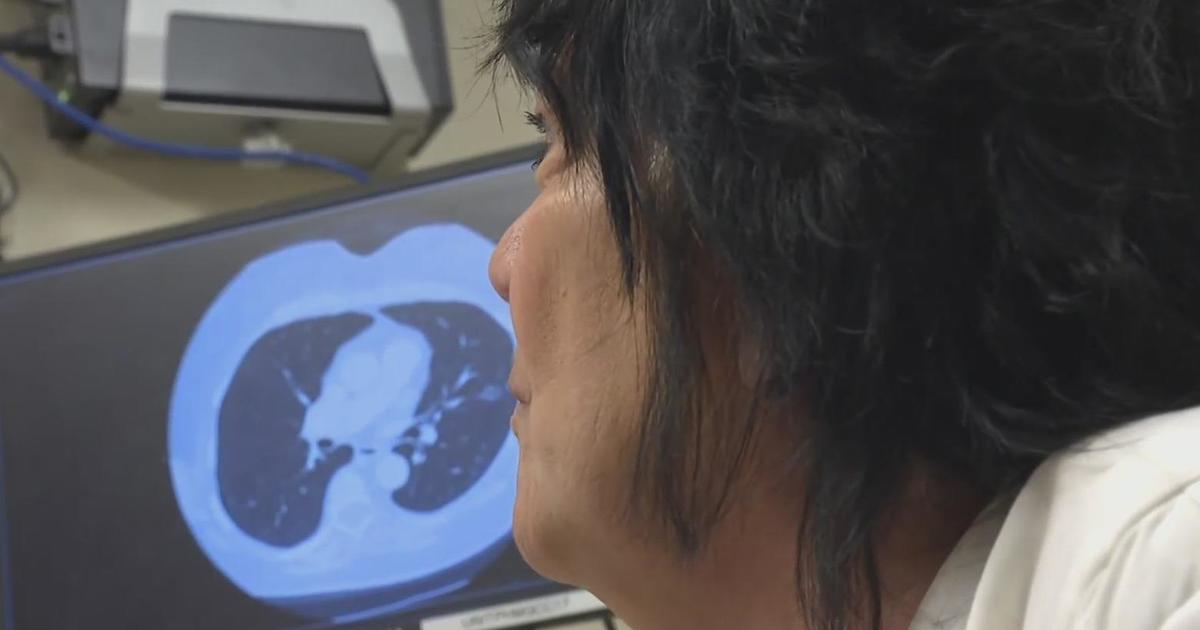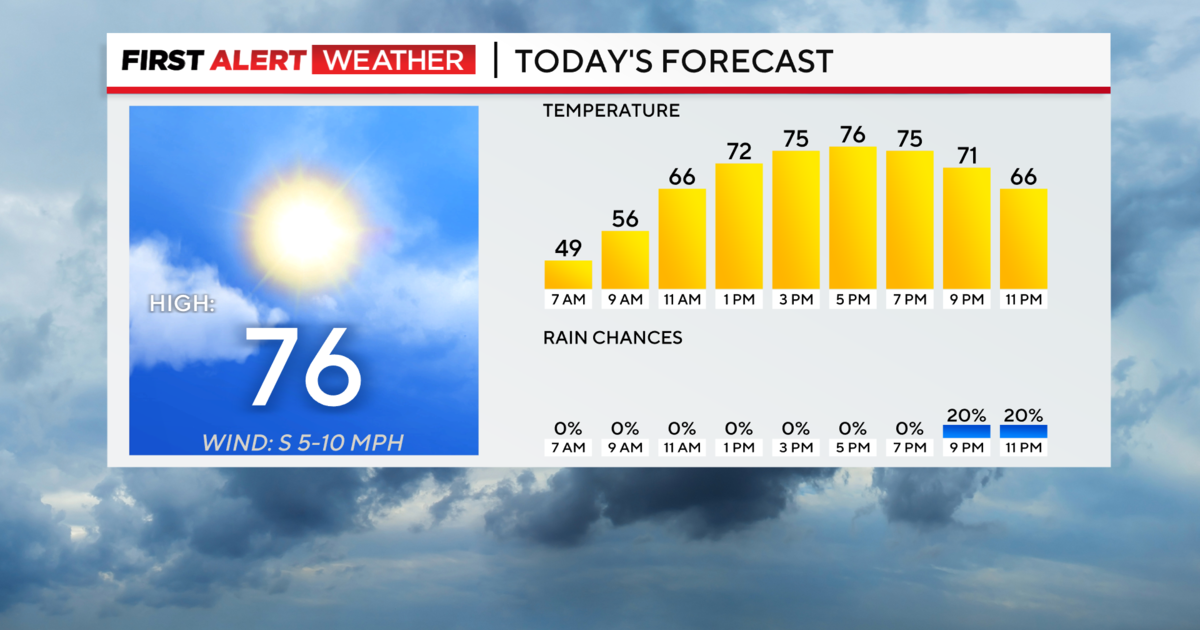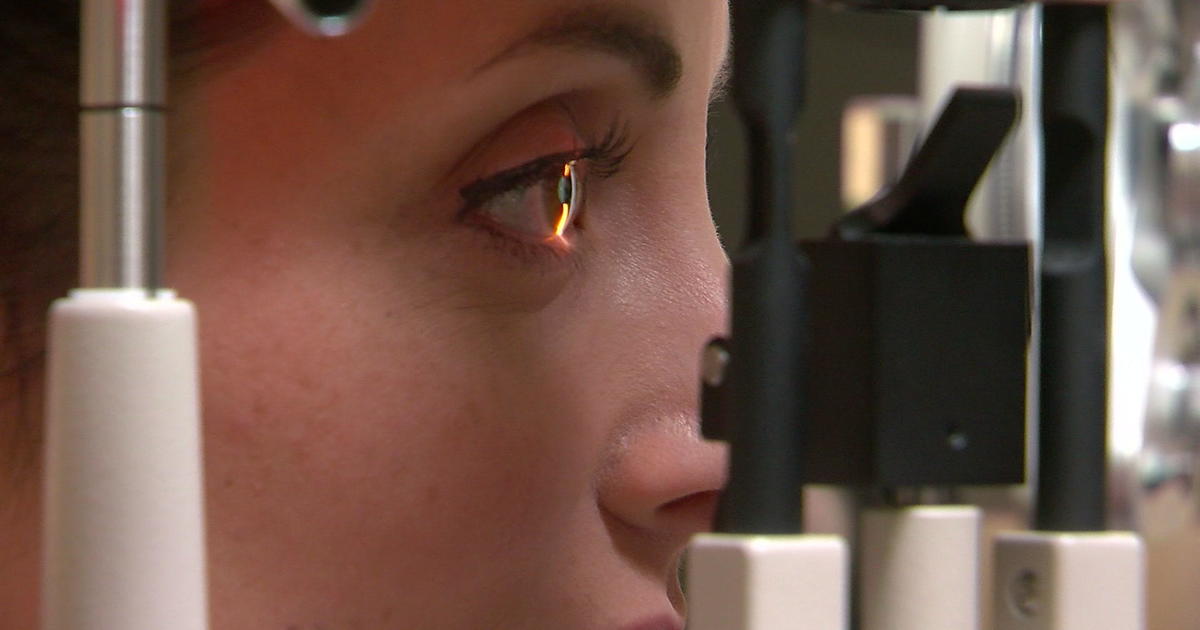Local Doctor Addresses Worries Ebola Outbreak Could Come To U.S.
PITTSBURGH (NewsRadio1020 KDKA) - The Ebola virus outbreak in West Africa is one of the largest and longest running outbreaks ever seen. The Peace Corps and other aid organizations have pulled staffers from the area and travel warnings are now in effect for three West African countries.
Dr. Amesh Adalja, who works in the Infectious Disease Department at UPMC, joined the KDKA Afternoon News with Bill Rehkopf to talk about what the outbreak is and why it is so worrisome even to those of us in the United States.
"Ebola is a serve viral infection, and people who are infected, initially what happens is, somebody kind of goes out into the forest or is exposed to an animal. Perhaps a bat, perhaps an antelope, perhaps a chimpanzee or gorilla, contracts the illness and brings it back to a village type of setting," Dr. Adalja said. "Then, gets sick and when people are exposed to that person's blood or bodily fluids from caring for that person, they can then contract the virus."
Those who contract the virus typically take three weeks to start showing symptoms. The symptoms include fever, throat and muscle pains, headaches, nausea, vomiting, diarrhea, and it can even affect the function of the liver and kidneys.
Dr. Adalja says for how ferocious of a virus Ebola is, it is very difficult to contract. The virus does not spread like others, such as measles or chicken pox, you have to directly be in contact with someone who is infected. Luckily, it can be stopped by simple interventions. It could be as simple as reporting the cases people see, isolating those infected and practicing good hygiene.
If it is so easy to stop, why is this outbreak's death toll topping 700?
"The public health communications efforts that are being undertaken aren't really penetrating to the population," Dr. Adalja says.
He also explains there is a severe distrust of health care officials, but that's only part of the problem. Also to blame is a lack of health infrastructure. They don't have the health care workers to announce the outbreaks to the people they should.
The Ebola virus has a high mortality rate, and currently there is no known vaccine or treatment. However, research may be getting close to a cure. Dr. Adalja seems to think we are, best-case scenario, at least a year away.
"A lot of companies are interested in Ebola because it is a Category A Agent; the highest level of bio-weapons concern," Dr. Adlja says. "There are companies that have been involved in doing some research, and we do have one vaccine that's very promising and has been used on an experimental basis."
He detailed the experimental case that occurred in Germany with promising results.
With the ease the virus can unknowingly be carried across borders, should we be worried about the outbreak reaching us in the United States?
"If there was an infected case that got on an airplane and came to a United States hospital, Ebola wouldn't find the United States a very hospitable place, because of the strict infection control procedures that we practice in our hospitals," Dr. Adalja said.
You can hear the whole interview with Dr. Amesh Adalja here:
UPMC's Dr. Amesh Adalja On The Ebola Outbreak
Also tune into the KDKA Afternoon News with Bill Rehkopf weekdays 3 p.m. to 7 p.m.
RELATED LINKS:
More From NewsRadio 1020 KDKA
Like NewsRadio 1020 KDKA On Facebook
Follow NewsRadio 1020 KDKA On Twitter



